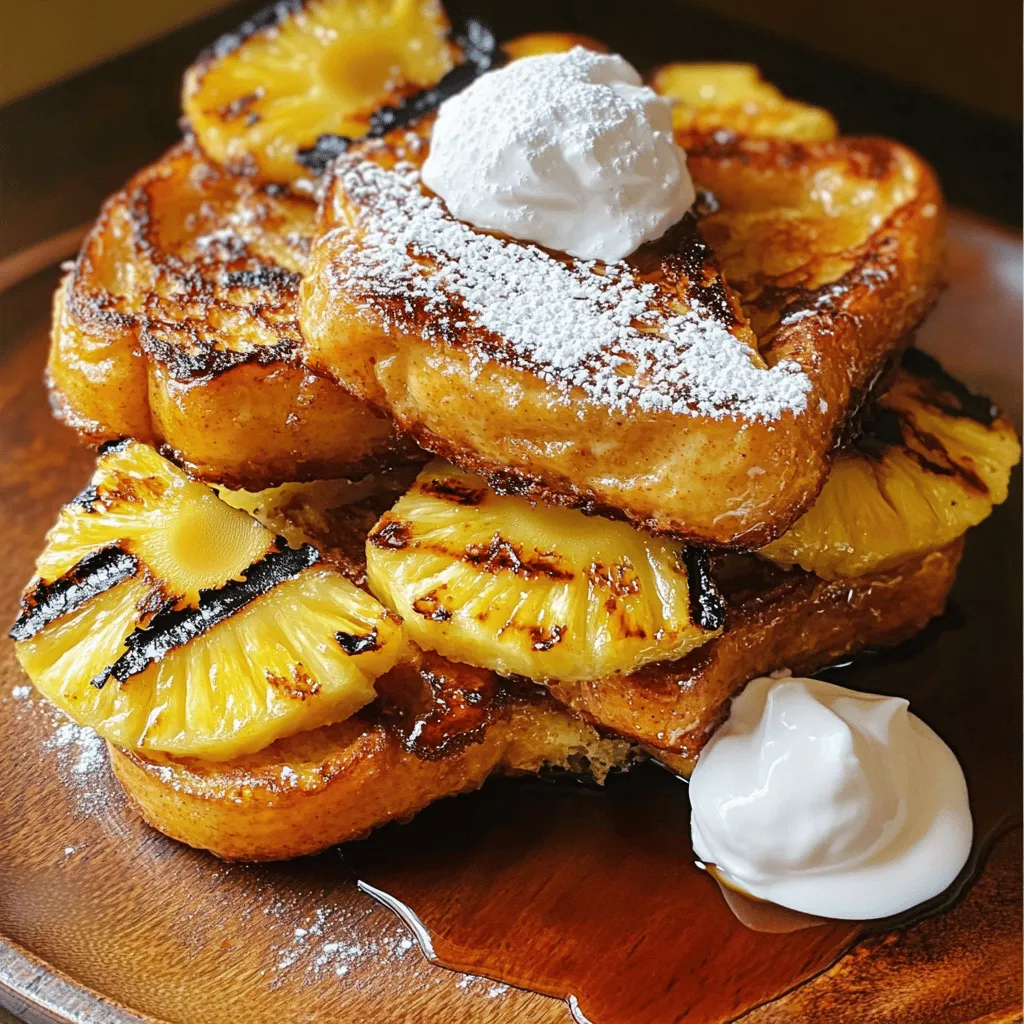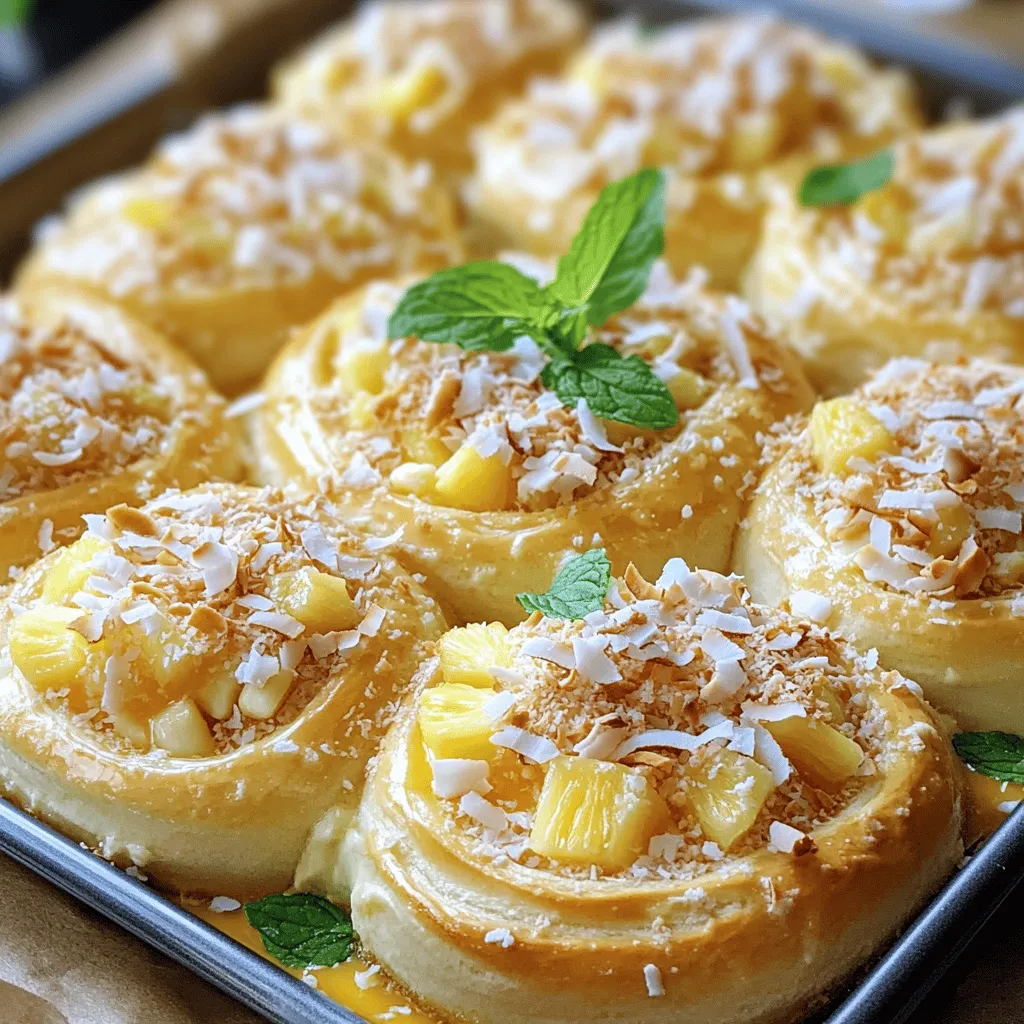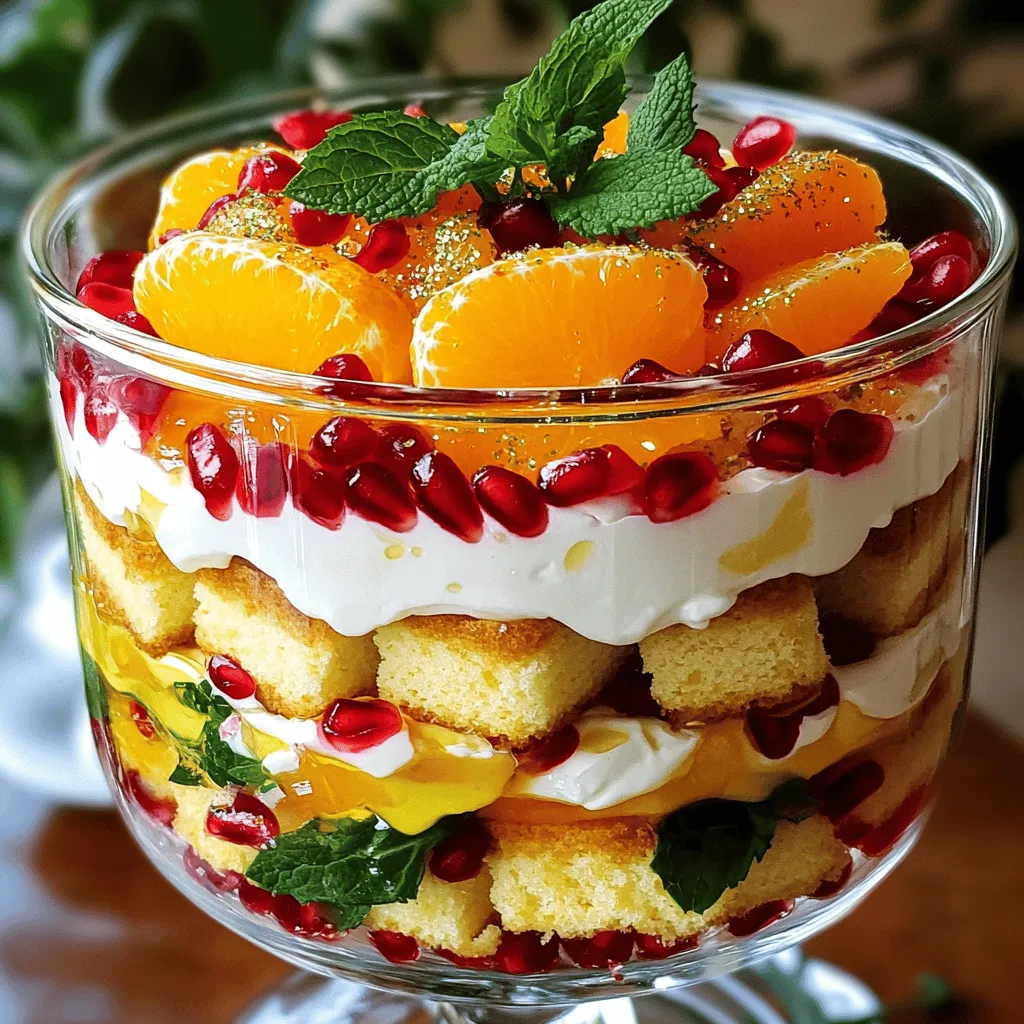Introduction to Pecan Sticky Buns Rolls
Homemade pastries have a magical way of transforming a regular morning into something special. One such delightful treat that captures hearts and taste buds alike is the Pecan Sticky Buns Rolls. These rolls are a glorious fusion of rich, buttery pecans and a sweet, gooey topping, creating a mouthwatering experience that is perfect for breakfast or brunch gatherings. The delightful aroma wafting through your kitchen while these sticky buns bake is enough to entice anyone to the table.
Pecan Sticky Buns Rolls have a history that dates back centuries, with roots in various cultures that celebrate sweet, yeast-leavened breads adorned with nuts and spices. The combination of warm dough, crunchy pecans, and a luscious syrup topping is not only a culinary delight but also a comforting tradition in many households. Whether enjoyed alongside a cup of coffee or served as a centerpiece at a festive brunch, these sticky buns are sure to bring warmth and joy to any occasion.
In this guide, we will take you through the step-by-step process of creating these delectable sticky buns. From understanding the core ingredients that contribute to their unique flavor and texture to preparing the dough and crafting the sweet topping, we will ensure that you have all the knowledge needed to bake the perfect Pecan Sticky Buns Rolls. Let’s get started!
Understanding the Ingredients
Exploring the Core Components of Pecan Sticky Buns Rolls
To create the perfect Pecan Sticky Buns Rolls, it’s essential to understand the key ingredients that work together to create the flavor and texture that make this pastry so irresistible.
Overview of Key Ingredients in the Dough
The dough is the foundation of any good sticky bun, and it typically consists of all-purpose flour, sugar, salt, eggs, milk, and yeast. Each ingredient plays a vital role:
– All-Purpose Flour: This is the primary ingredient for the dough. It provides structure and support. The right type of flour ensures that the rolls are soft and fluffy.
– Sugar: Not only does sugar sweeten the dough, but it also helps activate the yeast, contributing to the overall rise and texture of the rolls.
– Salt: Salt enhances flavor and also regulates yeast activity, ensuring a controlled rise.
– Eggs: Eggs add richness and moisture, contributing to the soft texture of the rolls.
– Milk: Warm milk is often used to nourish the yeast and create a tender crumb. It adds a subtle flavor and richness to the dough.
– Yeast: Yeast is the leavening agent that causes the dough to rise. It ferments the sugars in the dough, creating carbon dioxide bubbles that make the rolls airy and light.
The Role of Pecans in the Topping
Pecans are the star of the show when it comes to the sticky topping. Their rich, buttery flavor and crunchy texture provide a delightful contrast to the soft rolls. When toasted slightly, pecans release their natural oils, enhancing their flavor and making them irresistible. Additionally, the pecans absorb some of the gooey syrup, creating a deliciously sticky coating that clings to every bite.
Importance of Cinnamon in the Filling
Cinnamon is a key player in creating the aromatic and flavorful filling that complements the pecans beautifully. This warm spice adds depth and warmth, making the sticky buns irresistible. When combined with brown sugar, cinnamon creates a sweet and spicy mixture that permeates every layer of dough.
Selecting the Right Flour for Perfect Rolls
While all-purpose flour is the standard choice for sticky buns, selecting a high-quality flour can elevate your baking. Look for unbleached flour that is finely ground. This type of flour has a higher protein content, resulting in a better structure and chew. If you’re feeling adventurous, consider incorporating a small portion of whole wheat flour for added nutrition and a nutty flavor.
Preparing the Dough
Step-by-Step Guide to Making the Perfect Dough
Now that we’ve explored the essential ingredients, it’s time to dive into the process of preparing the dough. Making the perfect dough requires precision and care, but with our step-by-step guide, you’ll be well-equipped to achieve a soft and fluffy texture.
Mixing Dry Ingredients for Optimal Flavor
Start by gathering your dry ingredients: flour, sugar, and salt. In a large mixing bowl, combine these ingredients. Use a whisk to ensure that the ingredients are evenly distributed. This step is crucial, as it will help incorporate the flavors throughout the dough.
Next, create a well in the center of the dry mixture. This well will be where you add your wet ingredients, allowing for easier mixing and activation of the yeast.
The Science Behind Activating Yeast
Yeast needs warmth, moisture, and a bit of sugar to activate. To prepare for this, warm your milk to around 110°F (43°C). It should feel warm to the touch but not hot, as excessive heat can kill the yeast.
Once the milk is warmed, add a teaspoon of sugar into it and sprinkle the yeast on top. Allow it to sit for about 5-10 minutes until it becomes frothy. This frothing indicates that the yeast is alive and ready to work its magic in your dough.
Kneading Techniques for a Soft and Fluffy Texture
After your yeast mixture is ready, pour it into the well of dry ingredients, along with the beaten eggs and melted butter. Mix until a shaggy dough begins to form. At this stage, you might need to add more

Cutting the Dough: Ensuring Uniform Portions
Once the dough has risen and doubled in size, it’s time to move on to the cutting process. This step is crucial for ensuring each roll is uniform in size, which not only aids in even cooking but also ensures that each sticky bun has the same delightful gooeyness and flavor.
1. Flour Your Surface: Begin by lightly flouring your work surface to prevent sticking. Gently punch down the dough to release excess air before transferring it to the floured surface.
2. Roll Out the Dough: Using a rolling pin, roll the dough into a rectangle approximately 1/4 inch thick. Aim for a size of about 12×18 inches. The exact dimensions aren’t critical, but the thickness should be consistent to achieve even baking.
3. Spread the Cinnamon Mixture: Evenly spread your prepared cinnamon sugar filling over the rolled-out dough, leaving about a half-inch border around the edges. This ensures that the filling doesn’t spill out during rolling.
4. Cutting the Rolls: Start at one end of the rectangle and tightly roll the dough into a log shape. Once rolled, use a sharp knife or a bench scraper to cut the log into 12 equal pieces. For cleaner cuts, you can use a sawing motion rather than pressing down hard.
Placing Rolls in the Topping for Optimal Gooeyness
The next step is to prepare the sticky topping for the rolls. This topping not only enhances the flavor profile but also ensures that each roll is coated in a delicious gooey sauce.
1. Prepare the Topping: In a saucepan, melt together butter, brown sugar, and corn syrup over medium heat until the mixture is bubbly and smooth. Stir in chopped pecans until they are well coated in the sticky mixture.
2. Arrange the Rolls: Pour the prepared topping into a greased 9×13 inch baking dish. Carefully place the cut rolls on top of the sticky mixture, ensuring they are spaced evenly. The spacing allows for expansion during the second rise and baking.
The Second Rise: Importance and Techniques
Why a Second Rise is Crucial for Texture
The second rise is an essential step in creating soft, fluffy rolls. It allows the gluten to relax, contributing to a tender texture. This step also gives the dough time to develop flavor.
Covering and Resting Techniques for the Rolls
Cover the arranged rolls with a clean kitchen towel or plastic wrap. This helps to retain moisture and warmth, promoting a successful rise. Allow the rolls to rest in a warm, draft-free area for about 30-45 minutes, or until they have puffed up significantly.
Recognizing When the Rolls are Ready for Baking
The rolls are ready to bake when they have risen to about one and a half times their original size. A gentle poke with your finger should leave an impression that slowly springs back. If the dough bounces back quickly, it may need more time to rise.
Baking the Pecan Sticky Buns Rolls
Perfecting the Baking Process
Baking sticky buns can be a delicate balance. You want them to be perfectly golden on the outside while remaining soft and gooey on the inside.
Oven Temperature and Timing for Golden Perfection
Preheat your oven to 350°F (175°C). Bake the rolls for 25-30 minutes, keeping an eye on them to prevent over-browning. Midway through baking, rotate the pan for even heat distribution.
Signs of Doneness: How to Check Your Rolls
The rolls are done when they are golden brown on top and a toothpick inserted into the center comes out clean. If you notice the tops browning too quickly, you can cover them loosely with aluminum foil for the last few minutes of baking.
Cooling Techniques to Preserve Texture
Once out of the oven, allow the sticky buns to cool in the pan for about 10 minutes. This resting period prevents them from becoming soggy and helps the sticky topping set slightly, making for easier serving.
Serving the Pecan Sticky Buns Rolls
Presentation and Enjoyment
When it’s time to serve, the presentation of your sticky buns is key to making them irresistible.
Inverting the Rolls: A Visual Treat
Carefully invert the baking dish onto a serving platter, allowing the gooey topping and pecans to cascade over the rolls. This not only looks beautiful but ensures that each bun is coated in the delicious sticky sauce.
Serving Suggestions for Different Occasions
Pecan sticky buns are incredibly versatile. Serve them warm as a breakfast treat, or enjoy them as a delightful dessert. They are perfect for holiday gatherings, brunches, or even as a sweet indulgence on a lazy Sunday morning.
Pairing Ideas: Beverages that Complement the Rolls
To enhance the experience, consider pairing your sticky buns with a hot cup of coffee, a creamy chai latte, or even a refreshing glass of cold milk. The rich flavors of the buns contrast beautifully with the warmth of coffee or the creaminess of milk.
The Cultural Significance of Sticky Buns
A Brief History of Sticky Buns in Culinary Traditions
Sticky buns have a rich history in American baking, often linked to the traditions of German settlers who brought their recipes to the New World. These sweet rolls have become a beloved staple in many households, especially during festive seasons.
Regional Variations in Sticky Bun Recipes
Across the United States, sticky buns are celebrated with various regional twists. For instance, in the Northeast, you might find sticky buns served with maple syrup, while Southern variations often include pecans and a rich caramel sauce.
Sticky Buns in Celebratory Contexts
Sticky buns are often associated with celebrations and family gatherings. Whether served on special holidays or as a treat for brunch with friends, they evoke a sense of warmth and togetherness.
The Evolution of the Recipe Over Time
The recipe for sticky buns has evolved, with modern variations incorporating different fillings and toppings. From chocolate chips to fruit preserves, the possibilities are endless, allowing for a unique twist on this classic treat.
Health Considerations and Ingredient Substitutions
Making Pecan Sticky Buns More Accessible
While pecan sticky buns are undeniably indulgent, there are ways to make them healthier without sacrificing flavor.
Healthier Alternatives for Ingredients
Consider substituting traditional white flour with whole wheat flour to increase fiber content. Additionally, using less sugar or opting for natural sweeteners like honey or maple syrup can help reduce the overall sweetness while adding unique flavors.
Gluten-Free and Vegan Options for the Recipe
For those with dietary restrictions, gluten-free flour blends can be used to create a delicious and inclusive treat. To make the recipe vegan, replace butter with coconut oil or a vegan butter alternative, and use plant-based milk. These substitutions can make sticky buns accessible to a wider audience.
Balancing Indulgence with Nutritional Awareness
While it’s lovely to indulge in sweet treats, being mindful of the ingredients can enhance your overall baking experience. Striving for a balance between indulgence and nutrition ensures that you can enjoy these delightful rolls without the guilt.
Conclusion: The Joy of Homemade Pecan Sticky Buns Rolls
Reflecting on the process of making pecan sticky buns rolls brings a sense of comfort and satisfaction. The aroma of freshly baked rolls wafting through the kitchen is an experience that no store-bought alternative can replicate. The joy of sharing these warm, gooey treats with family and friends creates lasting memories and deepens connections.
As you embark on your culinary journey, remember that baking is not just about the end product but also about the joy of creating something special. Whether served during a leisurely breakfast or as a festive dessert, these pecan sticky buns rolls embody warmth, flavor, and the happiness that comes from sharing homemade treats with loved ones. Enjoy the process, savor each bite, and celebrate the sweet moments that life brings.




